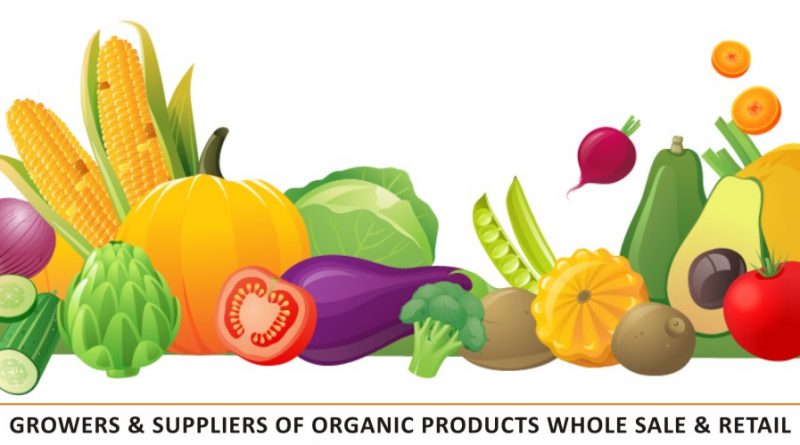Organic Farming Principles and Practices
Farming is both exciting and challenging. We have compiled knowledge about how things grow and why some growing methods might be preferred over other methods. The following information is offered to help expand awareness of methods of organic farming and sustainable agriculture. There are many concerns about how long farming will continue using current conventional methods.
What does organic mean? The philosophical characterization of “organic” agriculture.
In the simplest terms, organic growing or farming is based on maintaining a living soil with a diverse population of micro and macro soil organisms. A common phrase used to characterize organic growing that will be explained in detail is “feeding the soil, not the plant”. Organic matter is maintained in the soil through the addition of compost, animal manure, and green manures and the avoidance of excess tillage and nitrogen applications. Another common aspect of organic agriculture is growing plants without synthetic fertilizers or pest control chemicals.
On a broader scale, it seems there are some that perceive organic growing as requiring some spiritual or religious commitment. While this is far from the truth, it is true that many people committed to organic agriculture are committed to some important social principles as well. These usually include the desire for organic agriculture to be economically, environmentally and socially sustainable and based on integrated production systems. Most people committed to organic production for social and environmental reasons, as opposed to economic opportunists, expect to be operating within and as part of the ecological system or web of life as opposed to dominating and subjugating the system. There often is an emphasis on using locally available and renewable resources, marketing locally, and the quality of food is also seen as a key part of personal health and wholeness.
What does Organic Mean? The Organic Ethic
While legislation will help standardize practices and expectations, there is grave concern regarding maintenance of the organic ethic and survival of small farms that have depended on the organic label and ethic to mean more than what is included in the current legislation. It is clearly possible to meet organic certification standards as currently written without protecting the soil or farmland for future generations. There is concern that conventional farmers will substitute an organic spray or fertilizer in place of current sprays or fertilizers. The goal is to eliminate sprays and fertilizers. It is also possible for factory farms to obtain organic certification and produce large quantities of certain crops for lower costs and lower prices than is possible for small farms. The success of organic standards cannot only be measured by economic or ecological standards, but must also take into account the long term sustainability of small family farms.
http://www.sunagro.in http://www.organicsonline.in







